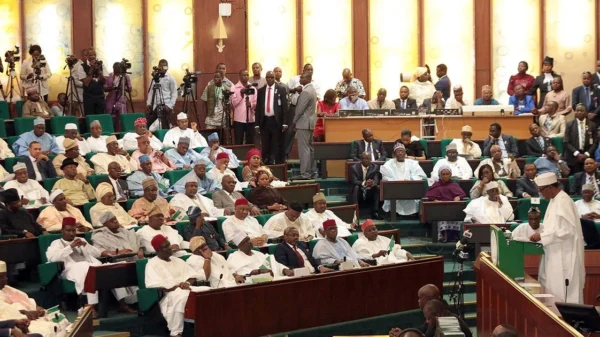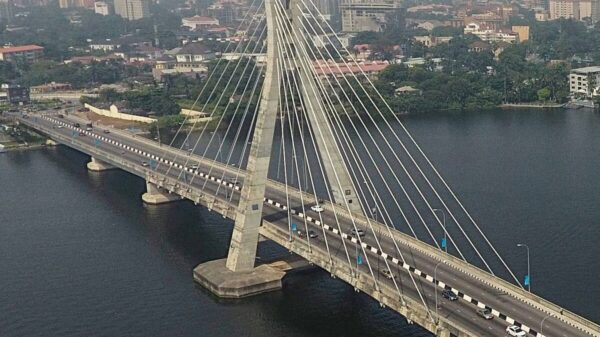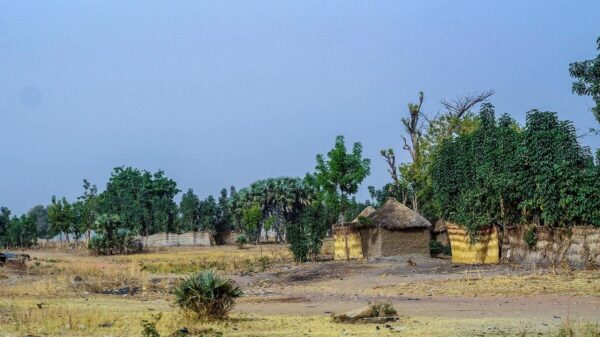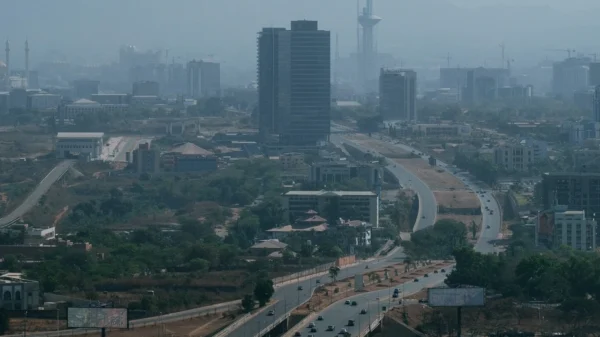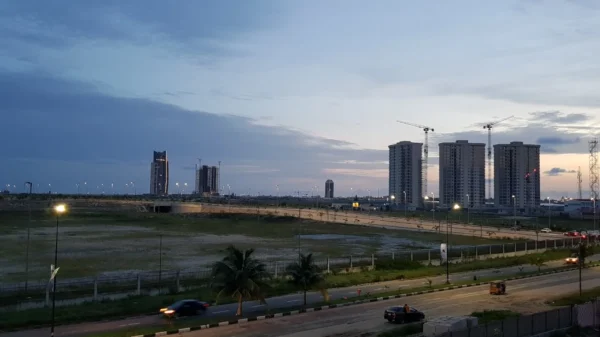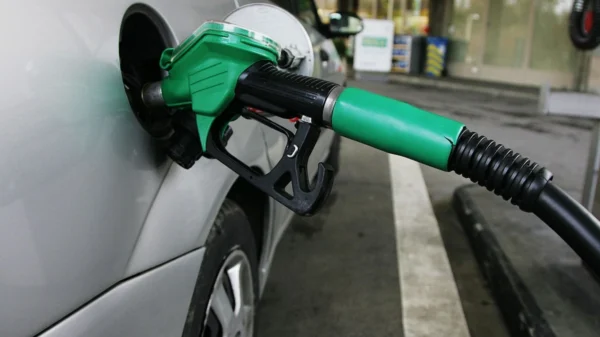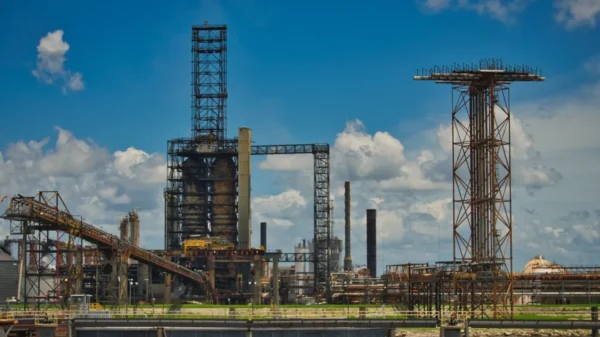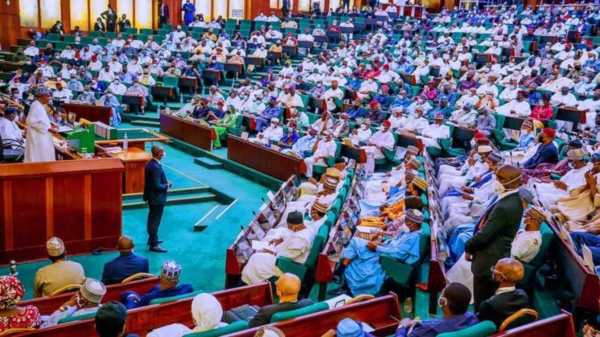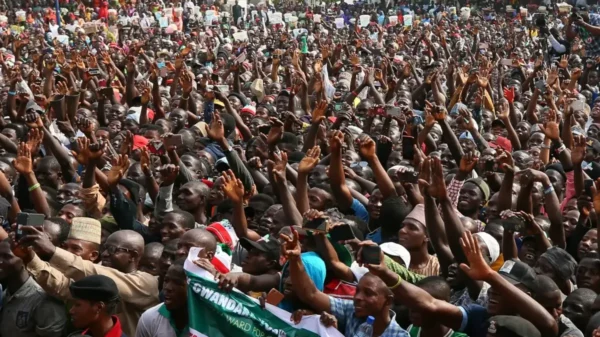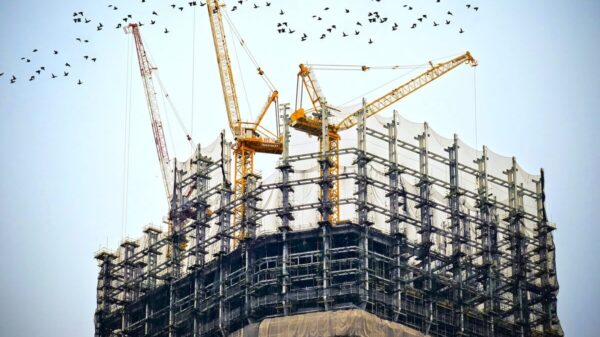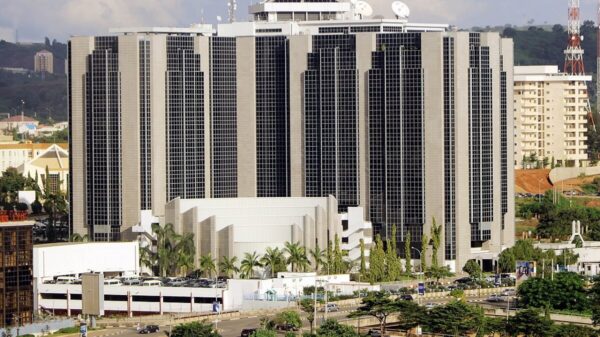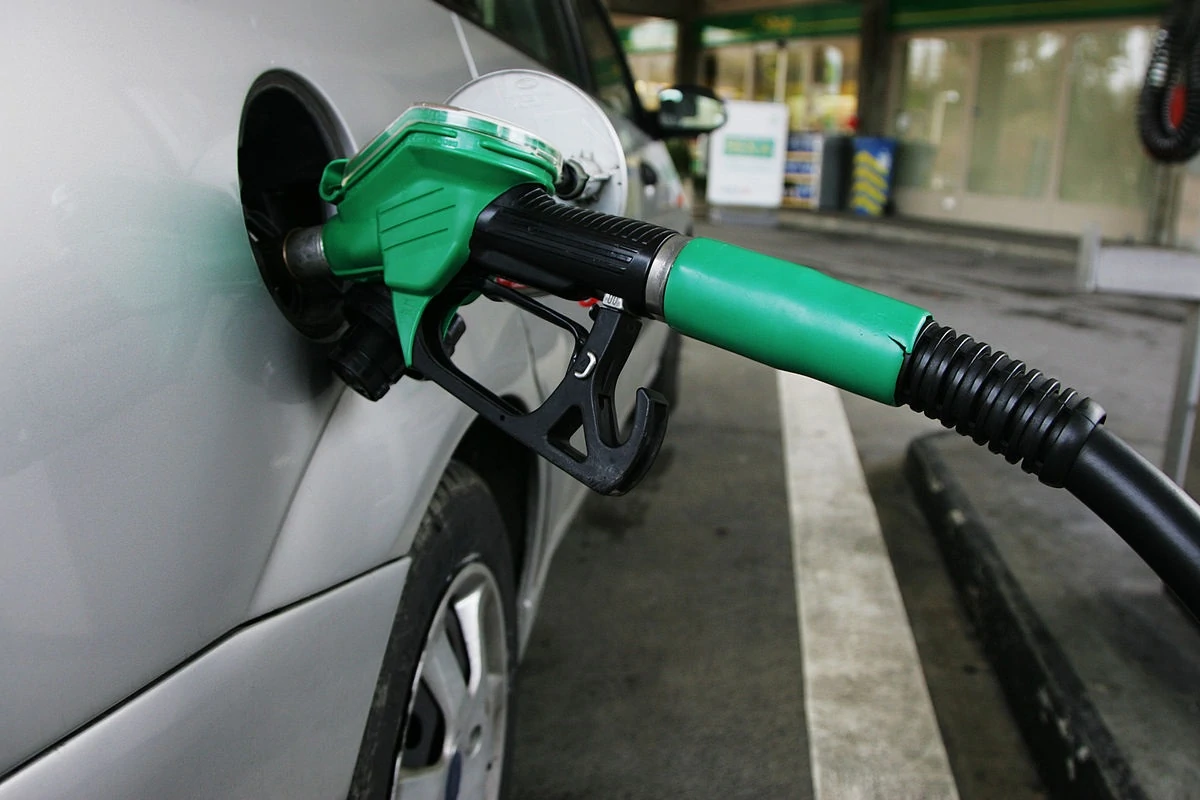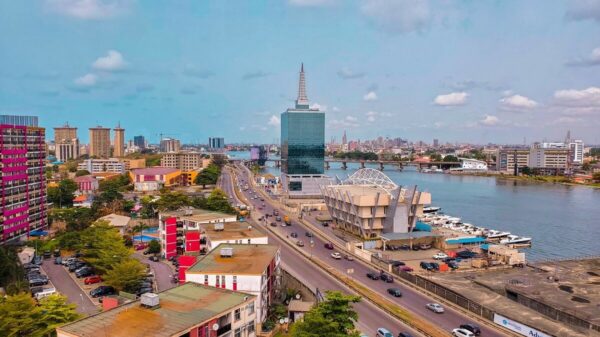Nigeria, Africa’s largest oil producer, has grappled with the issue of fuel subsidies for a long time. These subsidies, aimed at keeping fuel prices low for consumers, have placed a significant strain on the country’s economy. However, with the impending removal of fuel subsidies, Nigeria finds itself at a crossroads.
A Double-Edged Sword
Fuel subsidies have always been a controversial topic in Nigerian politics, but what are they, and how do they affect you as a Nigerian? Fuel subsidy is a government program designed to lower fuel prices. The government achieves this by paying a portion of the fuel cost to importers, aiming to make fuel more affordable for Nigerians. Since the 1970s, Nigeria has been subsidizing fuel costs for its citizens, with the fuel subsidy being institutionalized in 1977 under the military government of Olusegun Obasanjo. This move was part of the Price Control Act, enacted to reduce the effects of inflation. Fuel subsidies were initially introduced in response to the oil price shock in 1973.

Source: Nigeria External Debt 1970-2023 | MacroTrends
However, since 2006, Nigeria has spent over $100 billion on fuel subsidies, with $10 billion spent in 2022 alone. The high cost of fuel subsidies has strained Nigeria’s economy, leading to government borrowing to finance these subsidies and contributing to an increase in national debt. These funds could have been more effectively invested in critical sectors to drive economic growth and development. The removal of fuel subsidies will provide much-needed fiscal relief, enabling the government to redirect funds to priority areas and reduce its reliance on oil revenues. But what will be the cost to the people?
The Effects of Removal
In 2012, the Goodluck Jonathan administration attempted to remove fuel subsidies, which resulted in widespread protests and unrest. The temporary removal caused petrol prices to surge by over 120%, from N65 to N145 per liter, with black market prices reaching N200 per liter. The price was eventually reduced to N97 per liter, but similar price hikes can be expected if subsidies are removed again, potentially exacerbating the situation given the current international oil prices.
It is challenging to predict the exact price at which petrol will be sold after the removal. Currently, it is estimated that the price of petrol is subsidized at N600 per liter, which means that petrol prices could be as high as N800 per liter after subsidy removal. On the other hand, the Petroleum and Natural Gas Senior Staff Association of Nigeria (PENGASSAN) suggests that the price of petrol should be between N360-N450 per liter after subsidy removal. Despite claims from the Group Executive Officer of the Nigerian National Petroleum Company (NNPC) Limited, that price would be around N300 per liter, the NNPC currently sells petrol for N488-N557 per liter. Ultimately, market factors and demand will determine the price of fuel in the coming months, rather than government mandates.
The Problem with Fuel Subsidies
“The place to start therefore is to remove the inefficient fuel subsidy. Nigeria’s fuel subsidies benefit the rich, not the poor, fuelling theirs and the government’s endless fleet of cars at the expense of the poor,”
Dr Akinwumi Adesina, President of the African Development Bank, at the presidential inauguration lecture in Abuja on May 27, 2023.
While the fuel subsidy helps to keep fuel prices low, many experts have second opinions regarding the ill effects of the policy on the nation’s economy. Some of these include:
- Economic inefficiency:
Fuel subsidies in Nigeria result in economic inefficiency and market distortions. These subsidies artificially lower fuel prices, promoting wasteful consumption and discouraging energy conservation. As a result, efforts to promote sustainable energy practices are undermined, and resources are diverted from more productive sectors of the economy. The $10 billion spent on fuel subsidies in 2022 could have been better allocated to sectors such as education, healthcare, and infrastructure development.
- Fiscal burden and budgetary strain:
The cost of fuel subsidies places a substantial burden on Nigeria’s government finances. The funds required to maintain the subsidies represent a significant portion of the budget, limiting resources available for other essential sectors. In 2022, fuel subsidies accounted for approximately 24% of Nigeria’s budget.
- Inequitable distribution:
Fuel subsidies in Nigeria disproportionately benefit higher-income groups, exacerbating income inequality. Wealthier individuals, who consume more fuel and own more vehicles, receive a larger share of the subsidy. On the other hand, lower-income individuals, who may not own vehicles and spend a higher proportion of their income on transportation, do not receive proportionate benefits. This unequal distribution further widens the gap between the rich and the poor.
- Environmental impact and sustainability concerns:
Subsidized fuel prices in Nigeria discourage the adoption of cleaner and more sustainable energy sources, contributing to environmental degradation and climate change. These subsidies reduce incentives for investing in renewable energy and hinder the transition to a more sustainable energy sector. As a result, carbon emissions increase, air pollution worsens, and public health suffers. Nigeria, with its significant population and growing urban centers, faces increasing challenges related to pollution and sustainable development.
- Volatility and fiscal risk:
Fuel subsidies in Nigeria are exposed to the volatility of global oil prices. When oil prices rise, the cost of maintaining subsidies increases, straining government finances and exposing the economy to fiscal risks. Nigeria, being an oil-dependent economy, is particularly vulnerable to fluctuations in global oil markets. Relying heavily on fuel subsidies makes the economy susceptible to external shocks and can undermine fiscal stability and the overall welfare of citizens.
- Fuel smuggling and arbitrage:
Thanks to fuel subsidy, Nigerians get to buy fuel at cheaper rates than our neighbors. As a result, smugglers can buy cheap fuel in Nigeria and smuggle it out of the country to sell for a profit. Reports indicate that up to 42 million liters of petrol are smuggled out of Nigeria daily and sold at higher prices in neighboring countries. This illicit trade not only leads to revenue loss (up to N2 billion worth) for the Nigerian government, it also creates supply shortages within the country, causing inconvenience for Nigerian citizens.
An Impending Cost of Living Crisis?
The removal of fuel subsidies in Nigeria will have far-reaching consequences, particularly in terms of the cost of living. Fuel prices have a significant impact on various sectors, including transportation, food, and housing. When fuel prices increase, it sets off a chain reaction, leading to higher costs across the board.
Nigeria has been grappling with a rising cost of living in recent years, with fuel price increases playing a significant role in exacerbating this issue. On average, Nigerian households allocate approximately 20% of their income to transportation expenses. When fuel prices rise, less money is available for other essential expenses. This strain on the cost of living creates significant challenges for many Nigerians, making it increasingly difficult to meet their basic needs and leading to social unrest.
In addition to the immediate impact on the cost of living, the removal of fuel subsidies is likely to result in a rise in inflation. It is estimated that inflation could increase by 3-5% as a consequence of the removal. The average household’s annual spending on energy goods and services is also expected to increase by approximately N75,000. This additional financial burden will put further pressure on families and individuals, making it harder to save and invest in other essential areas of life.
The removal of fuel subsidies will also have implications for businesses in Nigeria. With an increase in the cost of production, businesses will face challenges in maintaining profitability. Due to unreliable power supply, many companies rely on generators to operate without interruptions. Although these generators mostly run on diesel (which is not currently subsidized), smaller businesses still use petrol generators to operate. Larger companies also have to deal with petrol via transportation expenses. As fuel costs increase, so do operational costs, and consequently, the final goods’ prices. As the cost of living rises, consumer demand is likely to decline, further impacting businesses across various sectors.
What is FG Doing to Ease the Burden?
- Cash Transfers
The government has secured an $800 million relief package from the World Bank, which will be disbursed as cash transfers to 10 million households. This financial assistance aims to provide immediate relief to vulnerable households affected by the removal of fuel subsidies.
- Support for Domestic Refining Capacity
Despite being a major oil producer, Nigeria heavily relies on imported petroleum products due to limited domestic refining capacity. Expanding domestic refining capacity is crucial to reduce import dependency, create job opportunities, and enhance energy security. The recently launched Dangote refinery is an opportunity to do just that, as we have highlighted in this article.
- Mass Transit System
The government plans to develop a mass transit system to alleviate the cost of daily commutes for workers. By providing an alternative means of transportation, the government aims to reduce the reliance on personal vehicles, which could help offset the potential increase in transportation costs resulting from the subsidy removal.
- Non-Cash Interventions
The government is collaborating with the incoming administration to explore further non-cash interventions. These interventions aim to provide sustainable solutions beyond cash transfers and address the challenges associated with the removal of fuel subsidies. However, specific details about these interventions are not mentioned in the provided information.
- Promotion of Renewable Energy
Nigeria aims to promote renewable energy and clean technologies such as solar, wind, and hydroelectric power. The country has significant untapped solar energy potential, and leveraging renewable energy sources can help reduce carbon emissions, improve energy security, and diversify the energy mix.
What more can be done?

Source: Compel Jonathan To Remove Fuel Subsidy, Man Asks Court – Channels Television
While the proposed efforts of the Federal Government can be considered admirable, more needs to be done to ease the burden of fuel subsidy removal on the populace, particularly the poor. Some of these initiatives include:
- Educating the public about the benefits of subsidy removal
The government could educate the public about the benefits of subsidy removal, such as lower inflation (in the long-run) and increased investment. This would help to reduce the public’s opposition to subsidy removal and make it more likely that the government will be able to implement it successfully.
- Improving the efficiency of the oil sector
When fuel subsidy was temporarily removed in 2012, people protested against it, primarily blaming corruption for Nigeria’s issues. This sentiment remains true today. The government could improve the efficiency of the oil sector by reducing corruption and waste. This would help free up resources that could be used to offset the increase in fuel prices.
- Strengthening the social safety net
The government could strengthen the social safety net by providing more assistance to vulnerable groups. This would help to protect the most vulnerable people from the negative effects of subsidy removal. The National Social Safety-Net Coordinating Office (NASSCO) already exists in partnership with the World Bank to strengthen social safety nets and social protection system in Nigeria, but more needs to be done, especially in terms of awareness and funding.
- Increasing the minimum wage
Nigeria’s minimum wage is currently one of the lowest in the world, if not the lowest. As such, a minimum wage increase could help Nigerian workers cope with the removal of fuel subsidies by giving them more money to spend on other necessities, such as food and housing. However, the impact of a minimum wage increase would depend on a number of factors, including the size of the increase, the cost of living in Nigeria, and the government’s ability to implement the increase effectively.
Conclusion
The impending removal of fuel subsidies in Nigeria marks a significant shift in the country’s economic landscape. While it presents challenges in the short term, the removal of subsidies offers an opportunity to address fiscal imbalances, stimulate private sector participation, and encourage sustainable energy solutions. However, it is crucial for the government to implement supportive measures to alleviate the burden on everyday Nigerians, ensuring that the transition is as smooth and equitable as possible. By carefully navigating this change, Nigeria can forge a path towards a more prosperous and sustainable future.
Farook is a data scientist and writer passionate about generating insights to Nigerian issues.


